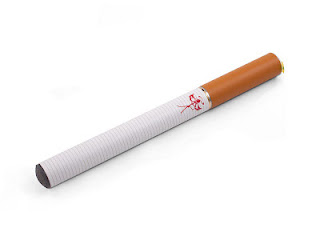Last week, you may have read Regina Iannizzotto preach about how “great” the tobacco and smoke- free campus is. This is not one of those editorials.
For the college to make a decision to limit what its students can do that is in compliance with state and federal law is completely absurd. I understand why the school is doing it; to make the school a healthier place to live, but that does not justify limiting the consenting adult who knows all the health risks involved.
With smoking, I understand that some people do not want to smell the second-hand smoke which is fine and I understand that. But there is a solution to that without the complete ban of smoking on campus, and that would be creating designated smoking areas on the campus that people actually know about. Apparently the gazebos were for that, but that is something that I did not find out until the tobacco embargo was placed on the Saint Rose campus. The college assumed that students would know that. If the smokers know where to go other than the sidewalk to smoke their cigarettes, then hypothetically there should not be a problem.
Making students smoking on the sidewalks also raises another problem: the pollution from throwing their butts on the ground. Someone has to clean that up and if the City of Albany does, that is a complete waste of tax payer money, in my opinion. At a designated smoking area, there would be a place to dispose of butts appropriately.
Making people walk to the sidewalks could also be dangerous at night. I know for a fact that a girl was abducted on Morris, and if you know your campus geography, that is where one of our dorms is. There is no reason to have to walk to a sidewalk; policy should not outweigh an individual’s immediate safety.
Now you may think that this is a rule that is strictly for the smokers, but this also effects those that chose to chew or dip.
Coming from someone that does it, it is pretty nasty. But I do not understand why this is something that we cannot do. Using chew or dip only affects the person that is doing it and no one else. There is nothing second hand that comes with. You may feel a little grossed out when you see someone spit, but that really is the only side effect for other people.
Did the school make the right move? I personally do not think so. We are adults now; we should be able to make our own decisions for ourselves without being limited. With this new rule, it feels like I never really left high school.
Cigarettes Around The World
9 лет назад










